In 1980, the founder of American psychology, William James, expressed the need for undergirding principles of psychology that represent true human nature.
Sydney Bank, an American philosopher asserted that all psychological experiences are constructed using three principles: Universal Mind, Consciousness and Thought.
He referred to these principles because he viewed them as fundamental truths existing in the psychological domain, much the same as gravity is the truth that exists in the physical. In other words, just as gravity works on all people whether they realise it or not, these principles operate in everyone, at every moment and affect all behaviour as referred to the principles of Universal Mind as the formless energy that animates all of life – the intelligent life energy behind human psychological functioning. Mind represents the energy that powers thoughts and consciousness and people’s use of them. Furthermore, Banks viewed Mind as the source of inner mental health and wisdom available to everyone via a quiet, clear mind.
The Three Principles Understanding
The importance of these three principles for the field of psychology lies in how they work together to give all people their unique experience of life, how they think, feel and act.
There exists within, throughout, and behind all things all things, a formless life force, spiritual energy and intelligence referred to in this understanding as ‘Mind’.
The only way this inner health or ‘pure consciousness’ can appear to not exist or not be directly experienced by human beings in every moment, is because people inadvertently use their gift of the power of thought to contaminate it with thoughts to obscure it, keep it hidden from view. People use the power of thought to construct mental images. As these images merge with the consciousness, they immediately register as sensory experience through the physical sense, thus appear and feel real to people.
Consciousness uses thought to produce people’s moment to moment psychological experience from ‘inside-out’.
Levels of consciousness
A thought appears within people’s consciousness somewhere on different levels ranging from pure peace and love to suicidal and murderous, with a wide range of levels in between.
In other words, people often use their power of thought against themselves to create an experience at a lower level of consciousness than the peace, love and wisdom that always exists deep within them as their innate spiritual experience. Yet, when the mind clears or quiets down from this unhealthy or unconstructive thinking, their innate health appears, along with feelings such as peace, love, oneness with the moment, gratitude, joyfulness, compassion, and wisdom because that health never went anywhere in the first place.
Whatever people think becomes the experience they get within their consciousness. This means it is never the outside world – no situation, no circumstances, no person – that can cause people to feel or act a certain way. It is always people’s own interpretation and the meaning they make from the use of their power of thought entering consciousness., all powered by the energy of ‘Mind’. The problems for which people seek psychotherapy appear to all be the result of people feeling out acting of the ‘reality’ they seek at a lower level of consciousness. Each level looks and feels very ‘real’ at the time at the next level of consciousness and the level through which one sees the world van change at any moment with the next thought. The system is inexorable, there are no exemptions. The only experience human beings can ever have been their own thinking coming into their consciousness at that level and being experienced as ‘reality’. Yet, consciousness also allows people to recognise they are using the creative power of thought to construct their psychological lives from within and to view this process from an impersonal or objective stance.
Using Thought Effectively
Mind, consciousness, and the power of to create thought are all constant and neutral forces. The only variable in this equation of generic human psychological functioning is how people use the principle of Thought to create varying thought content and how they relate to the thought content they created. Like all human abilities, the better people understand though and how we to use it in their e the best interest, it will better serve them. The understanding of these principles helps people to realise how their creative power of thought be used in either healthy, responsive, contractive way or an unhealthy, unresponsive, destructive way. Simply put, only two ways of being possible at any given time. Either they are operating from wisdom, peace of mind, well-being, and love, which naturally appears whenever their minds are quiet or clear, or their inner health is being overridden by thinking that is not serving them well and believe the content of their health as truth. The three principles demonstrate how every person can access and operate from health and inside wisdom throughout their lives when praying or meditating, because this is their can fuel a natural state, a state that comes from ‘Mind’ through the pure consciousness uncontaminated by personal thought. Although the products of misusing thought.
Simply put, only two ways of being are possible for all people at any given time. Either they are operating from wisdom, peace of mind, well-being, and love, which naturally ‘appear’ whenever their minds are quiet or clear, or their inner health is overridden by thinking that is not serving them well, and they believe the content of that thinking as real or ‘the truth’.
The Three Principles demonstrate how every person can access and operate from health and wisdom throughout their lives, because this is their natural state, a state that comes from ‘Mind’ trough pure consciousness uncontaminated by personal thoughts. Although the products of misusing thought (distorted perception, painful feelings) can fuel unhealthy coping behaviour. This thinking is problematic for people only when they ‘buy into’ the thought content which makes them believe it is right or ‘the truth’. However, when people understand how thought works and are able to distinguish healthy thinking from unhealthy thinking, their unhealthy episodes lose power.
Feelings: A Thought Quality Barometer
This understanding proposes that people have a built-in self-monitoring system a reliable way of knowing whether they are using the ability of thought in their best interest or against themselves. Accordingly, people’s feelings serve as a reliable indicator of the quality of their thinking. In the same way that physical pain signals a physical malfunction, painful feelings signal people’s emotional pain, the further they have drifted away from a quiet mind and responsive thought process. This means that, when properly using the signal of unhealthy feeling to realise their thoughts are not serving them well in that moment, people can get back on track and access their natural state of health whenever their mind clears and their personal thinking calms down.
The Three Principles Intervention versus cognitive and other interventions
The primary difference between traditional psychotherapy and Three Principles psychotherapy is that traditional therapies, the feelings, and problems people experience are considered real things that one can be helped to deal with constructively in many. Ways, depending on the therapy. In The Three Principles therapy, the feelings and problems are considered to illusions created by one’s power of Thought and made to appear and feel ‘real’ by the power of Consciousness. The solution is to see these feelings and problems as self-creation they truly are via new insight arising from wisdom, thereby raising their level of consciousness.
A helpful way to illustrate the nature and uniqueness of The Three Principles intervention is to contrast the approach of a principles based practitioner with that of a cognitive therapist in treating a client with an acute anxiety or depression related to a difficult life event. A principles-based practitioner would view the event in and of itself as having no special importance to the therapy process. Uncomfortable emotional reactions would be seen not as a statement about the importance of the event but rather a statement about the client’s present level of understanding of the role of Thought in creating this experience. The two main issues for a principles-based therapist are to help the client have insights regarding thought recognition. Such insights are more likely to occur when a client is at ease and his/her mind relaxes, calms down or clears.
As the clint’s level of understanding deepens, he/she will begin to see the problem for what it really is: often nothing more than painful memories from the past being carried through time via thought and giving meaning by the client now. With this shift in understanding, the client will realise that painful memories flow uneventfully through his/her mind when a state of mental health and this is always possible. The client is helped to realise that symptoms are actually his/her own distressing, frightening thoughts manifesting as distressing, frightening experience and that those thoughts have no life of their own beyond they are created in his/her mind. Although these thoughts may create temporary discomfort, clinents who gain thought recognition come to understand and trust that a natural psychological healing process is in operation and this process is a normal, nonthreatening part of healthy psychological functioning.
Thus, the principles-based interventions do not focus on the recall of client’s memorie or feelings nor does it attempt to recondition a client dysfunctional state or help a client to reframe or change their thinking and doesn’t attempt to recondition a client’s dysfunctional state or help clients to reframe or change their thinking.
The Tree Principles partitioners believe once the thought have been thought, it is too late to change it because thoughts, once thought, have already entered the world of form. Rather, this intervention s attempt to help clients realise how the ‘reality’ they see in any situation is only what they inadvertently making up with their own power of thought, which they do not often realise; to transform their relationship with their thinking by helping them to see that their thoughts what they are experiencing as ‘real’ in the moment are a temporary illusion that will eventually change so there is no need to take them seriously, and realise there is no event, no matter how horrid, that cannot be overcome once they are aligned with their inner health or when their thinking shifts to a a higher level of consciousness. These new ways of thinking can only be realised when their thinking shifts to a higher level of consciousness. These new ways of thinking can only be realised through new insights and new insights most often occur when the mind clears.
Empirical Evidence in Support of The Three Principles Intervention
In the past three decades, these principles have been taught to thousands of residents in impoverished, often crime ridden evaluation communities in South Central Los Angeles, Oakland, San Francisco, Miami, Tampa Oahu, Minneapolis, Charlotte, and the Mississippi Delta region. Independent evaluations of each of these interventions reported striking reduction in residents’ depression, anxiety, criminality, delinquency, drug use, child abuse domestic violence and unemployment rates. Furthermore, several clinicians have reported positive results in mental health setting. In schools reduced incidents of suspension by 70%, reduced incidents of fights by 63% and reduced incidents of violence by 65% were observed.
Conclusion
The understanding of The Three Principles explains that mental health is innate and is produced by a natural thought process inherent in higher level of consciousness via a free and clear mind. The logic of these three spiritual principles proposes that with a shift in consciousness to higher level via new insight, people can realise their inner mental health, recognise how to access it so it becomes a lifestyle and see how to prevent their unhealthy thinking from infecting the present. This understanding suggests that psychological dysfunction can be avoided by people regardless of their circumstances through understanding, realising, and recognising in the moment how they are using the power of thought. Existing evidence is compelling and warrants the attention of mental health professionals.

